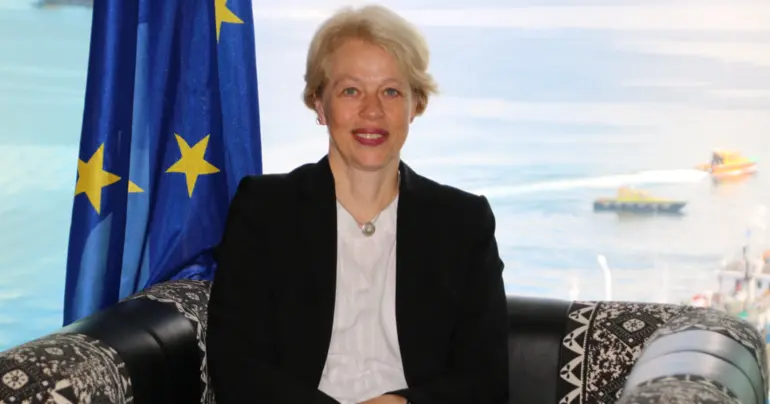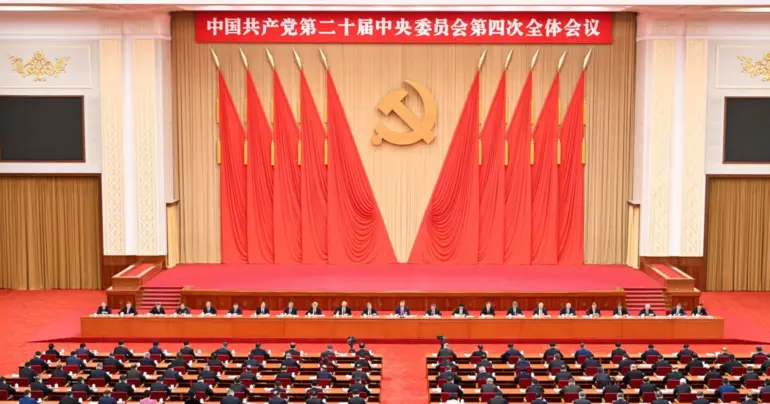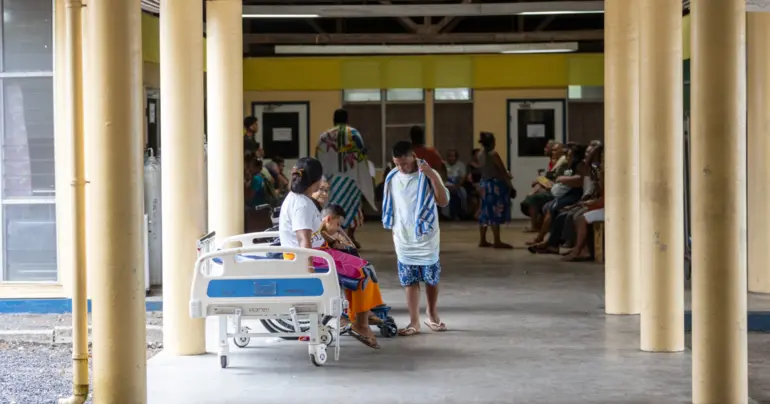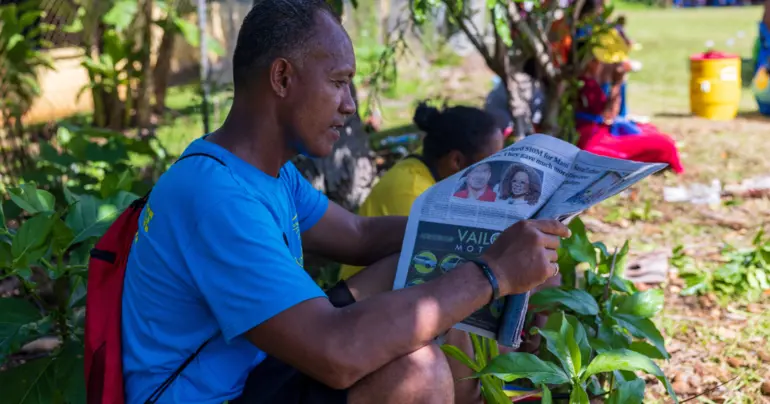Prospects for peace in Hela
Hela Province, in the Papua New Guinea Highlands, is the site of extraordinary levels of armed conflict, which is a problem that has become progressively worse over the past several years. In February 2023, Hela made international headlines when an Australian archaeologist and members of his research team were kidnapped and held for ransom by a gang from Komo in the southern part of the province.
Although represented as a ‘new and emerging’ crime by the PNG authorities, in reality these acts of kidnapping for ransom and the terrorising of local communities have been occurring in this part of PNG for the past several years. It was, sadly, the kidnapping of a white, male academic from an Australian university that finally gave this urgent issue the attention it deserves. The ransom demand was fuelled by the payment of previous ransoms following the kidnapping of logging company workers in that same area. It is also the case that violent landowner disruptions to the nearby Kutubu oil project have resulted in the meeting of various funding promises that had been outstanding.
All in all, this heady mix of resource wealth in the midst of severe poverty and lack of services, and the payment of ransom demands by the logging company, have resulted in the emergence of a kidnap economy that is booming. Add to this the remote location and extremely difficult terrain that the kidnappers know and are able to navigate with relative ease, the fact that they are heavily armed with military assault weapons, and that neither the PNG police nor army have the capacity to pursue these locals in their own territory. These kidnappers were again paid a ransom, only this time it was paid by the state, which then failed to apprehend these criminals who are still at large and still terrorising local communities. In June 2023, this same group kidnapped and raped 17 school-age girls from a community that the kidnappers accused of supporting the police that had been sent to apprehend them.
James Komengi, a development practitioner from Tari, the capital of Hela Province, has for the past 25 years dedicated himself to peacebuilding efforts between warring parties in his home province. James and I are working on a report that will outline how development agencies can best intervene and assist in issues of armed conflict in the province. The basis of our proposition is simple: grassroots, indigenous peacebuilding work already exists on the ground, and these local leaders and organisations need not merely to be engaged by donor agencies but should design and direct the peacebuilding work that they know best how to implement.
If we are to be genuine about supporting local leadership in peacebuilding work, then we must structure our organisations so that we are not the ones who are making the key decisions. This is of vital importance, especially in the context of extremely sensitive issues such as sorcery accusations and related violence. The level of detail and nuance required to traverse the immensely complex social, cultural, and political environment in Hela is beyond the capacity for any outside organisation to navigate.
One concrete example of this is the relationship between inter-clan warfare and land-grabbing by the political elite. There is a huge problem of internally displaced people in Hela Province, who often flee their land for years at a time due to warfare in their areas. Unoccupied land becomes vulnerable to wealthy people who are able to buy up large tracts of land. Thus, the promotion of ongoing conflict can be to the benefit of certain elites. This is just one example of why the continuation of armed conflict in Hela is, in some cases, promoted and supported by elite interests.
Another reason why peacebuilding work must be locally directed is that this work often involves cultural paradigm shifts – real and genuine change that can only be achieved from within. A staple of some peace NGOs has been the promotion of the myth of the noble past, when wars were fought according to ethical rules, and that people need to return to these more acceptable practices. There are good reasons why some NGOs have promoted this approach, because it is not reasonably possible or acceptable for any outside organisation to try and impose cultural change. Yet equally we need to understand that idealistic appeals to a past that is no longer relevant to people’s lives fail to engage with the grassroots agency and transformative capacity that is present.
Here in Australia, we have an internal debate around sexual assault and the need for deep cultural change in our corporations, our police forces, and even our federal parliament. This internal urging for cultural change is not confined to Australian society, or to Western societies. It is a fundamental aspect of our shared humanity, but one that can only come from within. It cannot be imposed from the outside. It is the same with the grassroots peacebuilding work that occurs in Hela Province, and no doubt in other parts of the world.
In the remote northern part of Hela the severe and urgent problem of sorcery and related violence is currently being addressed by a group of young local activists who are working to save the lives of those accused of sorcery. Safe houses are being constructed out of local materials, and this is occurring within the affected community itself. Even pregnant women are accused of sorcery practices, and their newborn babies are also accused and killed. Part of the program is to demonstrate that sorcery is a false belief. This is dangerous work designed and led by people from the community, and it is beginning to have a profound impact. It is certainly saving many lives. Work such as this could never emerge from an international NGO workshop, or a UNDP tender document.
Hela’s considerable issues with violent conflict are not intractable, and a Hela without violent conflict is possible. Within Hela is the immense potential of its grassroots peacebuilding expertise, and the strength and resilience of its many leaders who dedicate their lives to working for change. Let’s support them.
This article was first published in the Devpolicy blog of the Australian National University. The author Michael Main is currently engaged by the United States Institute of Peace in Hela Province.











